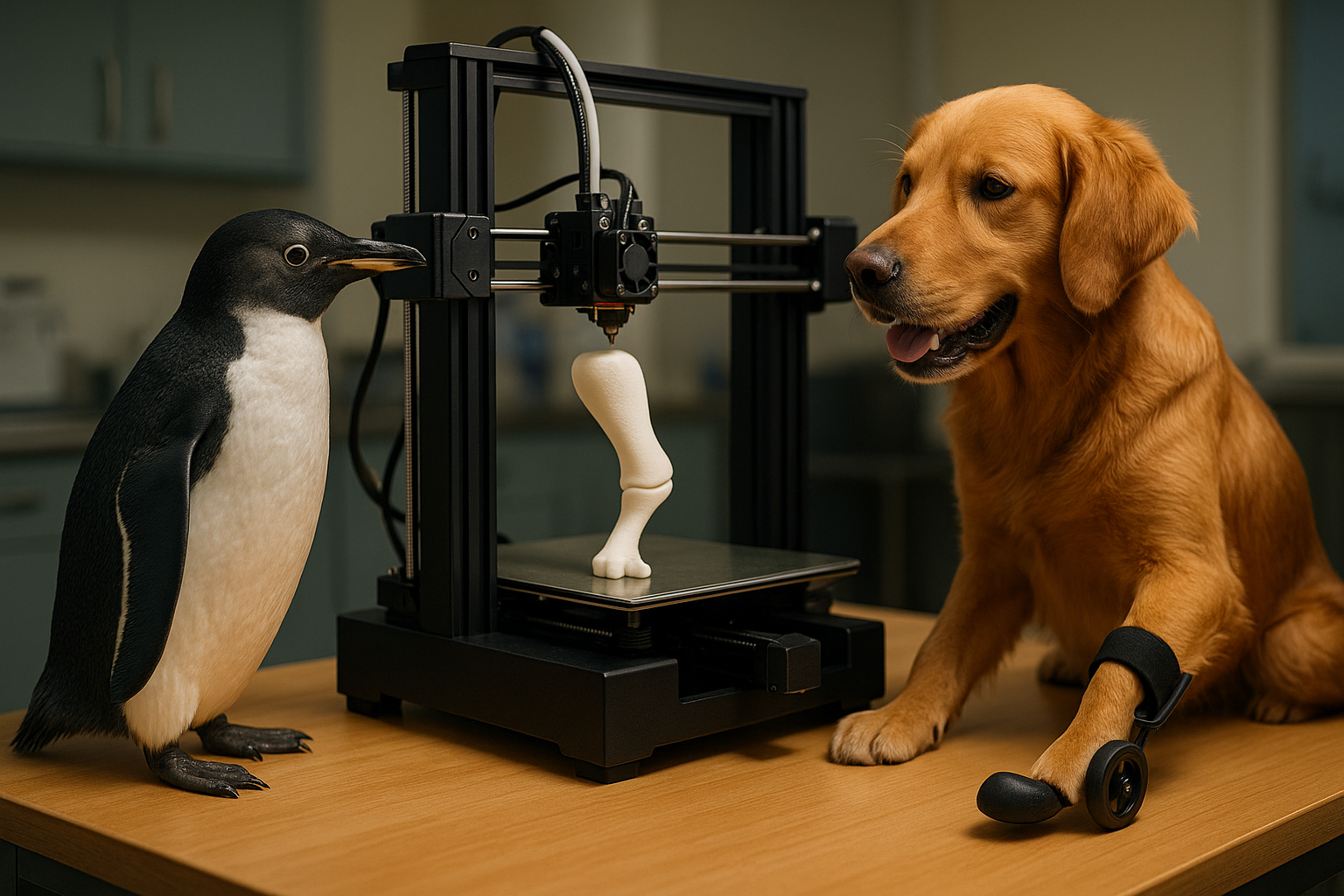Reevaluating the Role of Community in the Age of Individualism
In an era where individualism is often prized above all else, it's time to reexamine the role of community in shaping our lives and society. Read below to delve into the historical and sociological perspectives on this topic, and explore how recent trends are shifting our understanding of communities.

The Historical Significance of Community
Throughout the annals of human history, community has played a pivotal role. Early human societies were built on the bedrock of collective living, where individuals relied on each other for survival. This sense of community fostered a culture of mutual respect and cooperation, which was instrumental in facilitating societal growth and progress. Despite the shift towards individualism in the modern era, the essence of community remains an integral part of our social fabric.
The Influence of Individualism
The rise of individualism, particularly in Western societies, has significantly impacted our perception of community. Individualism promotes self-reliance and personal freedom, often at the expense of communal bonds. This shift in societal values has led to a redefinition of community, with a focus on individual achievement and success.
The Rebirth of Community in Modern Society
Interestingly, recent developments have spurred a resurgence in the importance of community. Global crises, such as the COVID-19 pandemic, have highlighted the necessity and power of collective action. There’s a growing realization that individualism, while valuable, cannot supplant the need for community in addressing larger societal issues.
The Sociological Implications of This Shift
From a sociological perspective, this rebirth of community in an individualistic society has profound implications. It suggests a reevaluation of societal values, with a potential shift towards more balanced perspectives that value both individual growth and collective wellbeing. This shift could foster greater societal resilience and adaptability, building stronger communities capable of tackling future challenges.
The Future of Communities in an Individualistic Society
With this evolving understanding, the role of communities in an individualistic society is likely to undergo significant changes. Communities may become more fluid and dynamic, with individuals playing multiple roles based on their unique abilities and interests. This transformation could lead to more inclusive, diverse, and resilient communities, marking an important milestone in the evolution of human society.
In conclusion, while individualism has reshaped our understanding of community, recent trends underscore the enduring relevance of collective living. As we move forward, striking a balance between individualism and community could be key to fostering a more harmonious and resilient society. And, as always, it is essential to continue exploring and understanding these intricate social dynamics to better navigate our shared future.




